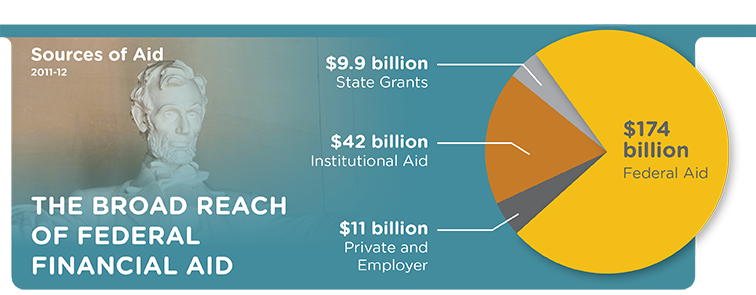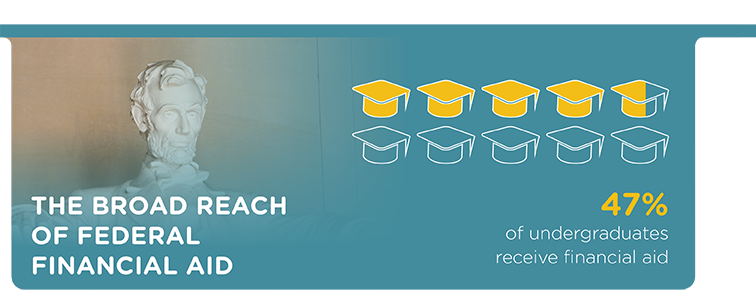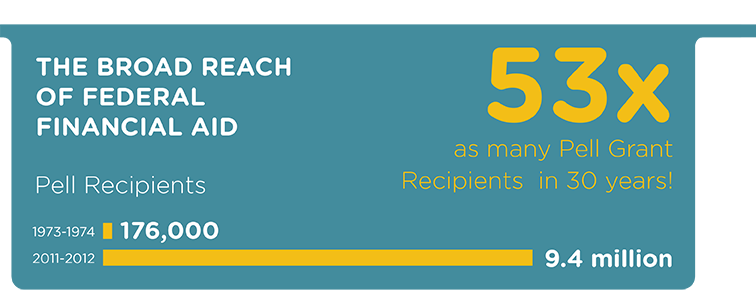“The time has come to be honest with our need to improve college success rates for all students. Incentives and accountability for results need to be part of any financing policy, including student aid.”
— The Honorable Bob McDonnell
Governor of Virginia
“It’s time for the federal government to start leveraging the $150 billion it spends annually on student financial aid by creating incentives for colleges and universities to better serve their low-income students and help more of them graduate. The National College Access Network supports the principles outlined in American Dream 2.0 and urges Congress to consider ways to get a better return on this vital taxpayer investment.”
— Kim Cook
Executive Director, National College Access Network
“Access without a degree or credential is not success. We applaud this coalition for clearly signaling that it is time for our federal policies and our national attitudes about completion to embrace this reality. Now is the time to expect more and do more.”
— Stan Jones
President, Complete College America
“These findings send a clear signal to policymakers that students and families need reform now. We must invest in ways that make college more affordable, reduce student debt, increase completion rates, and expand access. The status quo is not working when some institutions have completion rates in the single digits and skyrocketing student loan default rates. Students must lead the charge for real change.”
— Aaron Smith
Young Invincibles Co-Founder & Executive Director
“The moral imperative is huge because we have failed too many people in early childhood and K-12. We cannot abandon them now. For most, a postsecondary credential is their only way to success.”
— Dr. Michael McPherson
President of the Spencer Foundation
“Anyone who does not get a college credential will never escape the cycle of poverty.”
— Dr. Eduardo Padrón
President of Miami Dade College
“With federal financial aid, we are more comfortable doing nothing than doing something, at least for the last 20 years. But doing nothing comes at an increasingly higher cost.”
— Jamie Merisotis
President and CEO of Lumina Foundation
“Education is an economic issue. We have to build a more equitable system of higher education to make us more competitive in the world economically.”
— Marc Morial
President and CEO of the National Urban League and former New Orleans mayor
“Student debt is not just a ‘now’ problem; it is an anxiety issue for students and families. It raises the question as to where we are headed as a country.”
— Aaron Smith
Co-founder and executive director of Young Invincibles
“There are millions of young Americans who represent hidden reserves of talent that can power the country. What if, like the oil industry, we adopted a new business model for financial aid that taps into those reserves?”
— Dr. Ron Mason
President of the Southern University System in Louisiana










